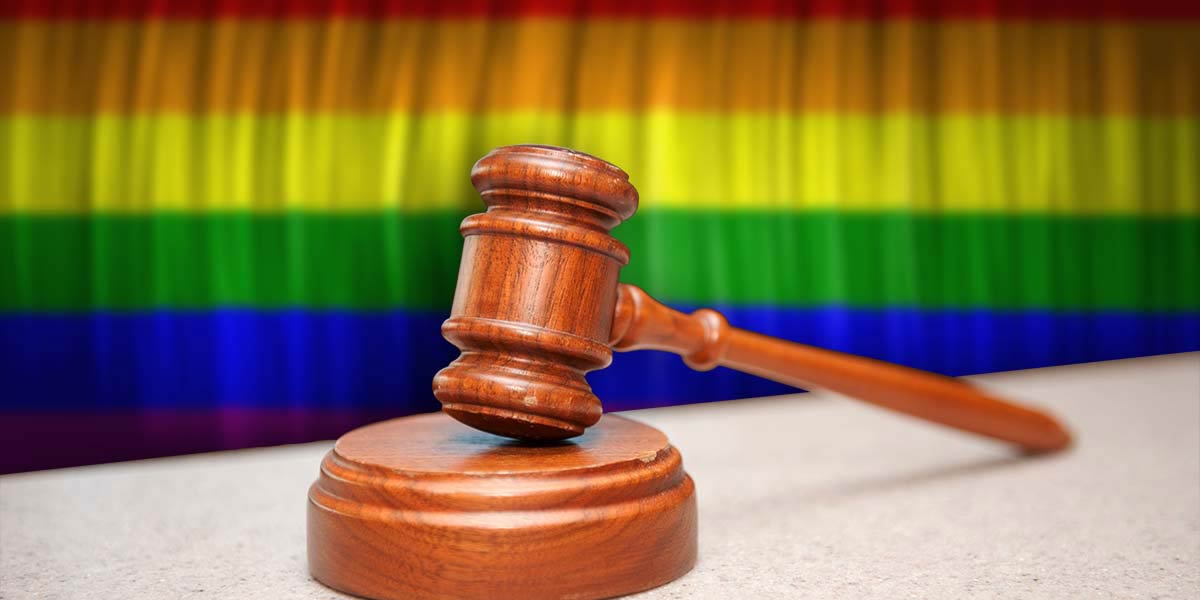Trans prisoner secures right to live and be treated as a woman

In a damning judgement against the state, a judge has confirmed that a transgender prisoner in the Western Cape has the right to express her gender identity while serving out her sentence in a men’s prison.
Jade September went to court after prison officials harassed and unfairly discriminated against her for expressing her gender identity, contrary to the Promotion of Equality and Unfair Discrimination Act.
She also claimed that she’d been subjected to verbal abuse and harassment from officials, and at one stage was put in solitary confinement after trying to express her gender.
September is serving a 15-year sentence for murder at the Malmesbury Correctional Centre for men. She was placed in a men’s correctional facility because, like many transgender people in South Africa, she never had an opportunity to change the gender marker in her ID, nor has she ever had access to gender-affirming health care.
On Monday, the Cape High Court, sitting as an Equality Court, ruled that the Department of Correctional Services must allow September to express her gender through her hairstyle, dress, and use of small amounts of make-up.
The department was ordered to return items that had been confiscated from her, such as clothing and makeup. She must also be addressed using female pronouns. Her solitary confinement was declared unlawful and officials must undergo sensitisation training concerning transgender prisoners.
“The respondents have failed in their duty to accommodate the applicant reasonably,” said Judge Chantal Fortuin, reported News 24. She pointed out that prisoners are entitled to their constitutional rights, like all other South Africans.
September was represented by Lawyers for Human Rights in the matter, with the support of The Other Foundation. Gender Dynamix, represented by the Legal Resources Centre, were friends of the court.
Sanja Bornman, from Lawyers for Human Rights, told MambaOnline that the ruling was a significant victory for equality.
“We got all the relief that we asked the court for,” commented Bornman, “most importantly that the actions of Correctional Services were ruled unfair discrimination.”
She said the judgement has far-reaching implications for the state. “If the Department of Correctional Services has a duty to ensure equality for transgender people then so much more must other departments have the positive duty to no longer invisibilise transgender people in society and in systems that are there to care for people.”
She cited, as examples, government departments including social services, home affairs, and health that have been accused of discriminating against or marginalising LGBTQ people in the provision of services. “The state must take steps to ensure transgender equality,” asserted Bornman.
Leave a Reply